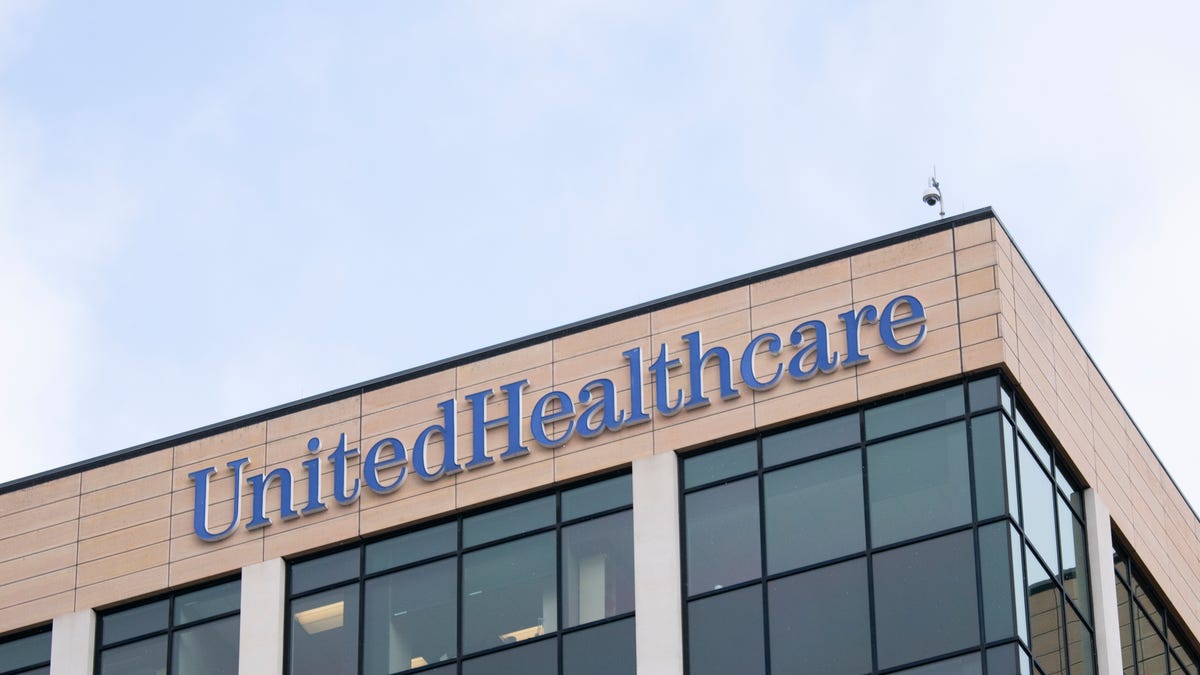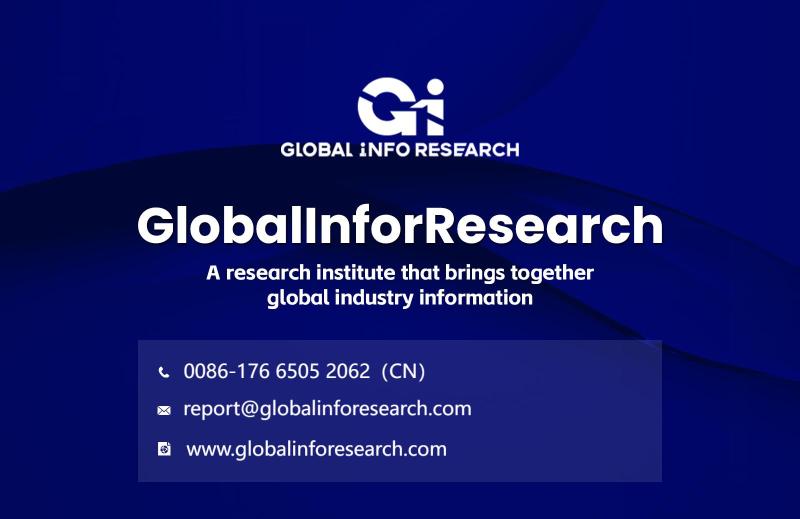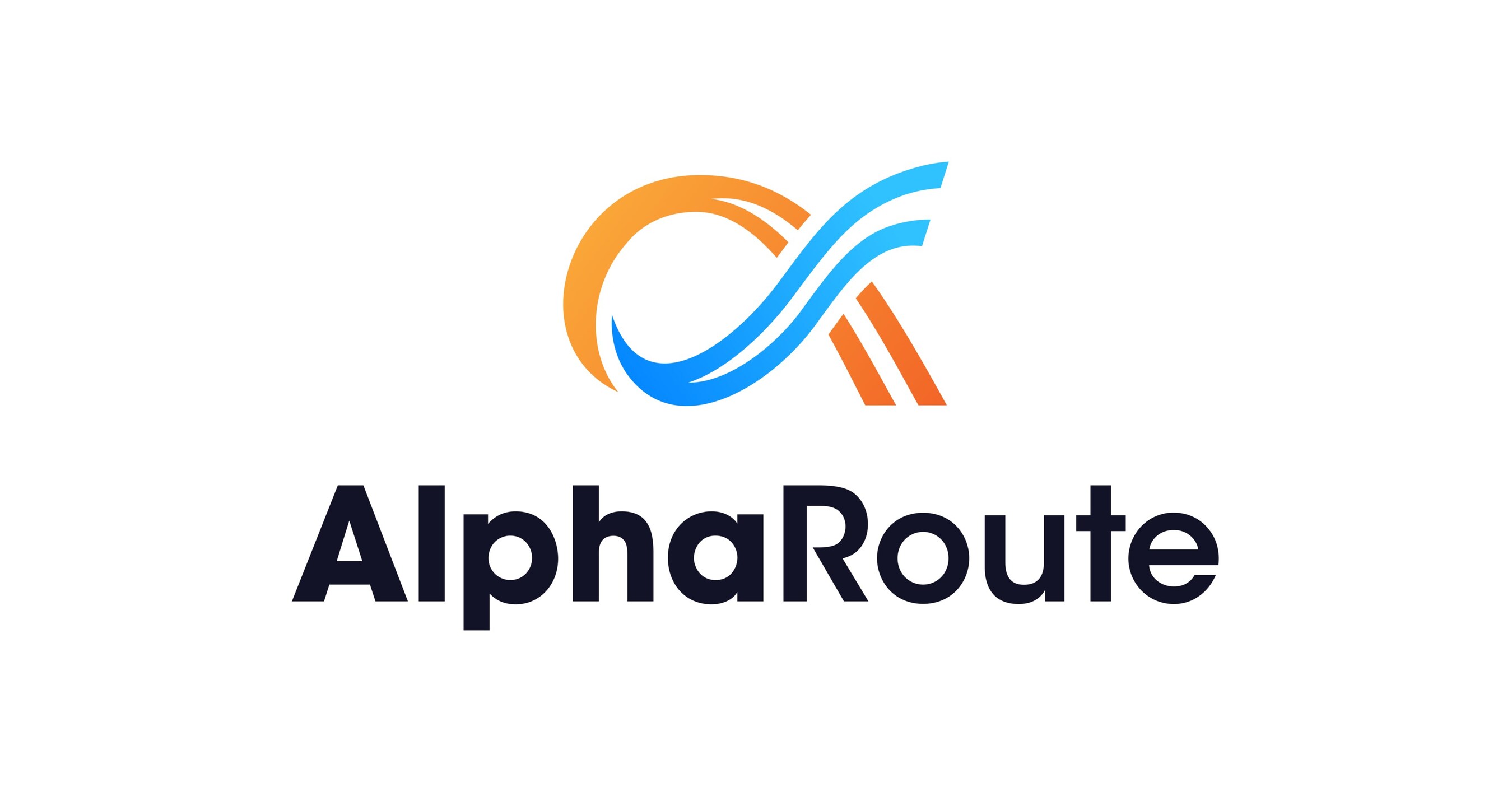
There is a simple reason healthcare is expensive: Millions of executives, investors, providers and nonprofits are financially rewarded for increasing healthcare spending.
Who is on Medicaid? The popular program could be on the chopping block
72 million people in the U.S. are enrolled in Medicaid, the federal and state health insurance program for those who are disabled or low income.
- The author argues that market distortions incentivize insurers to increase costs, not control them.
- Employer-based health insurance stifles competition and leads to consolidation among pharmacies and physician practices.
- The article suggests giving healthcare funds directly to families to use for catastrophic-only plans and Health Savings Accounts.
In college, I volunteered at a Christian nonprofit healthcare clinic. I hated it. The patients were good, decent people who set out to provide for their families; instead, they inadvertently crushed their families with medical expenses.
These patients had lost all their dignity. Everything I said felt contrived and patronizing, so I resolved to help make healthcare affordable.
However, I was always skeptical about expanding health insurance. It saddles people with soaring premiums and deductibles and often denies care. Indeed, as the uninsured rate has reached a record low, the number of people putting off care has reached a record high.
The rising cost of health insurance has stunted middle class incomes because the more employers spend on healthcare, the less they spend on wages. The average cost of a family health insurance plan is now a staggering $25,500 — double what it was 2008. That is a crippling competitive disadvantage borne by American employers for every breadwinner they hire.
Now General Motors spends more on healthcare than steel while Starbucks spends more on healthcare than coffee beans. And there is no end in sight. The cost of health insurance is expected to rise 8-9% this year because of four market distortions that make it impossible for health insurers to control costs.
Health insurance covers routine and catastrophic events
Car insurance covers collisions, not brake repairs. Likewise, health insurance should cover heart attacks, not generic drugs.
The insurance-negotiated prices of generic drugs are higher than cash prices 80% of the time, but if those drugs were sold directly to consumers, like gas and eggs are, it would be much harder to gouge prices. Insurance also lards on administrative costs that spawn ten administrators for every doctor.
Health insurance has fixed profit margins
Architects of Obamacare were shocked that some insurers socked away a third of their revenue in profit, so they required insurers to spend 80-85% of their revenue paying claims. Asa result, insurers now strive to increase the cost of claims (see chapter 1 of “An American Sickness: How Healthcare Became Big Business and How You Can Take it Back”).
Like Visa and Mastercard, insurers profit more when more money is spent. They sometimes pay $9,500 for imatinib, and oral chemotherapy medication, even though Mark Cuban’s Cost Plus Drugs sells it for $35. Drug prices have already been lowered. They are just not in insurance networks.
Health insurance provides care, instead of just paying for it
UnitedHealthcare, the emperor of health insurance corporations, is the largest physician employer and the third largest pharmaceutical distributor in the country. It also pays a quarter of all its claims to itself.
If Geico owned mechanic shops, it would not reduce claims to them either.
Health insurance is paid by employers, not individuals
Employers rely on brokers to guide them to the best health insurance plans, but insurers shamelessly bribe those brokers to increase healthcare spending.
Now American healthcare is mired in corporate socialism where an oligopoly of constipated health insurers dictates what healthcare patients can have, where they can have it and how much they can have it for. Health insurance was inadvertently yoked to employment in World War II, when the government froze wages to keep workers from deserting military manufacturers. Employers promoted health insurance to attract workers instead, and the IRS codified that arrangement.
That arrangement stamps out innovative and nonprofit health insurance startups because it is much more complex to insure entire employer populations than single individuals. It also strangles independent pharmacies and physician practices that do not have the leverage to negotiate viable rates with insurers, so they consolidate with corporations that do.
Healthcare should be controlled by consumers
The way forward is to correct that mistake. Employers should directly give families the $25,500 they spend on health insurance. Those families would choose affordable health insurance that covers only catastrophes and put the rest into Health Savings Accounts (HSAs). They would pay cash for most healthcare that is shoppable and force down prices. And they would actually be able to afford their deductibles.
Most Americans cannot afford a $1,000 emergency expense, yet the average family deductible is $3,700, which puts the health insurance they forfeit $25,500 for cruelly out of reach. More people should have health insurance, but each person should have much less of it.
Employers that cannot afford health insurance for their lowest earners could subsidize healthcare for them, enabling small businesses that do not have leverage with insurers tp provide the same benefits as big businesses. Employers do not choose cars and houses for their employees (and take them back when employees leave), and they should not choose healthcare for their employees either.
Critics point out that HSAs have not tamed healthcare costs, but the average annual employer HSA contribution of $1,300 is too little to give patients any meaningful “skin in the game.” Most money in so-called “consumer-directed” insurance plans is directed by insurers. HSAs are like marriage: If you put in a fraction of the required effort, they are worse than nothing at all.
Critics also worry that healthcare is too complicated for patients to figure out (as if insurers have it figured out). That is because hospitals try not to be forthright when taking advantage of patients. Where there is mystery, there is margin. The more agency patients have, the less predatory healthcare will be.
Higher spending is not the answer when large companies hoard cash
The natural reflex when coming face-to-face with patients who are cheated, impoverished, harassed and humiliated by expensive healthcare is to increase healthcare spending, but no amount of money will satiate the medical industrial complex. The United States spends by far the highest percent of GDP on healthcare. We need to spend more prudently — not more money — on healthcare.
There is a simple reason healthcare is expensive: Millions of executives, investors, providers and nonprofits are financially rewarded for increasing healthcare spending. The only way to make healthcare affordable is to financially reward hundreds of millions of individuals for reducing healthcare spending.
The best regulators are empowered consumers. They will either discipline functional markets or game dysfunctional markets. They should have a right to the healthcare dollars they work hard for, and health insurance conglomerates should not confiscate those dollars.
Micah Moughon received an MBA with a health care concentration from Vanderbilt University and has professional experience with large health insurance corporations, small healthcare startups and healthcare nonprofits.
link





More Stories
Sterilised packaging, a growing standard in food and healthcare
Conversational AI In Healthcare Market
Hospitals, med schools rethink training as AI transforms healthcare industry